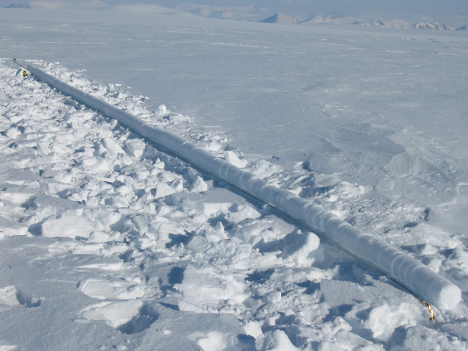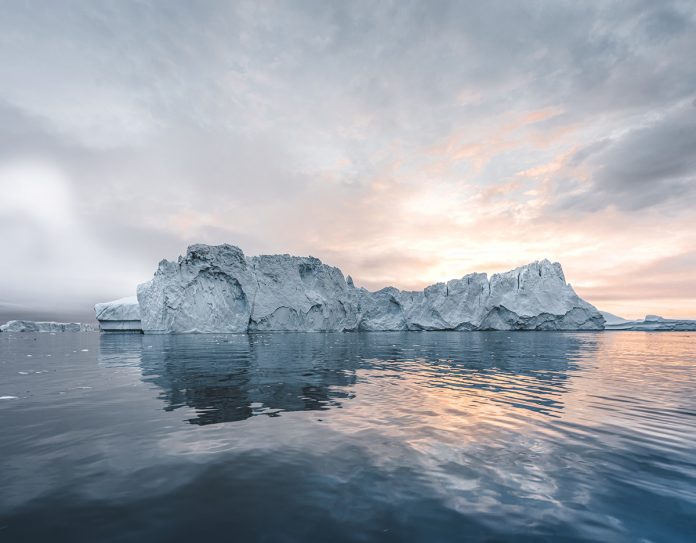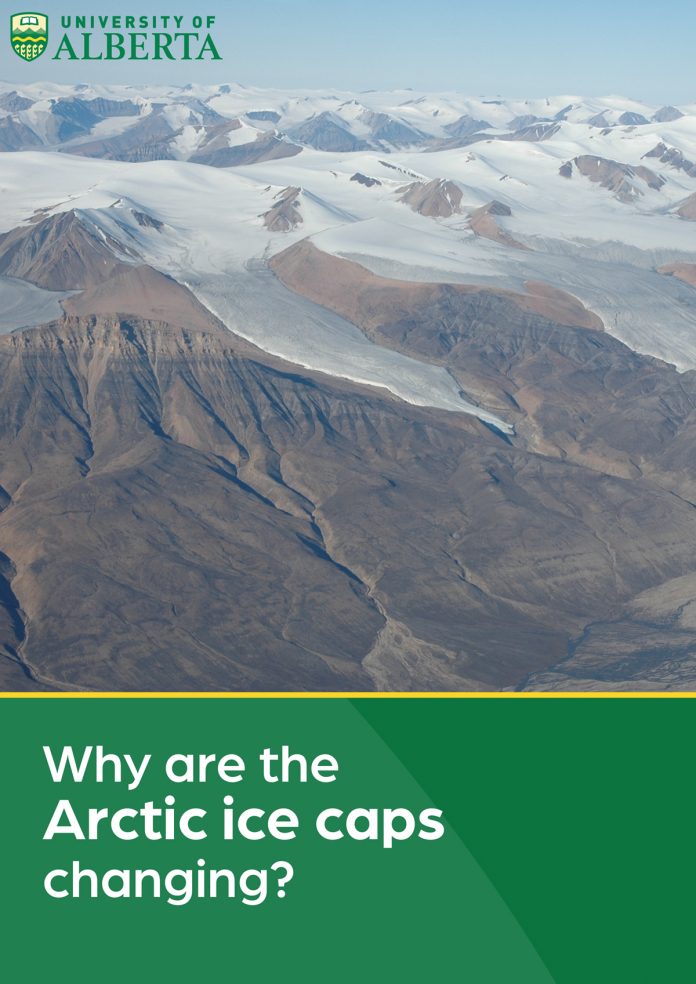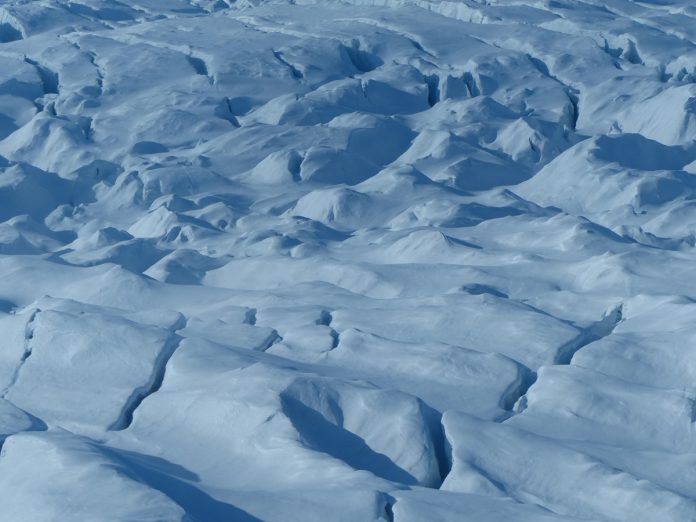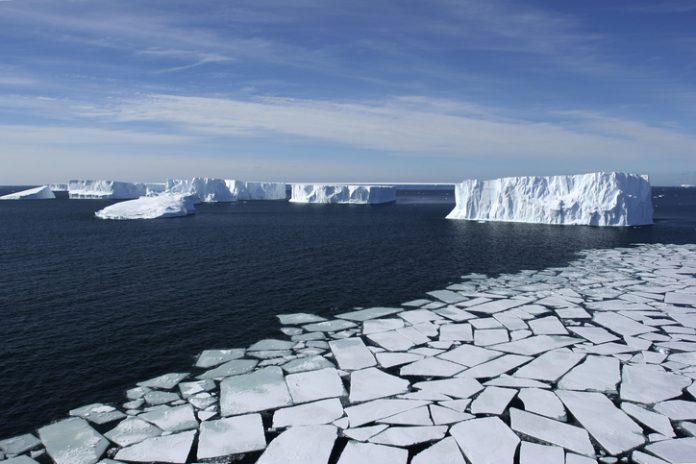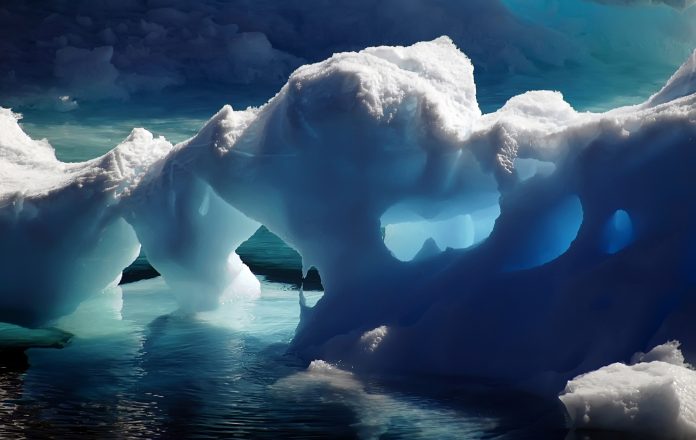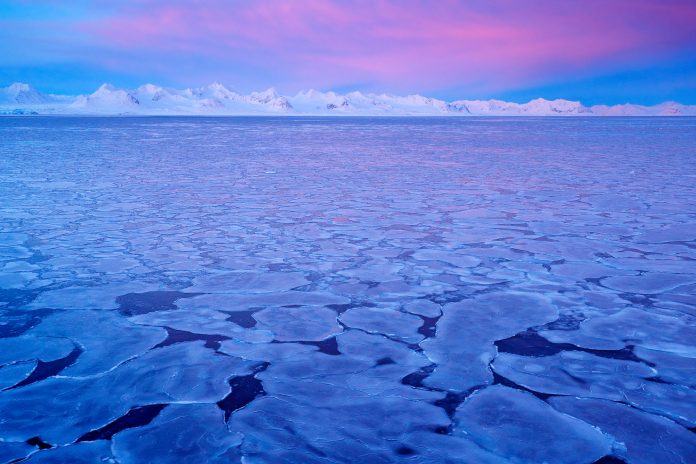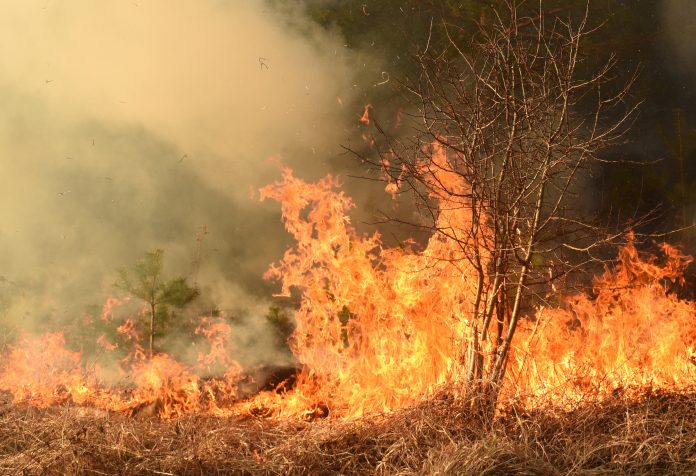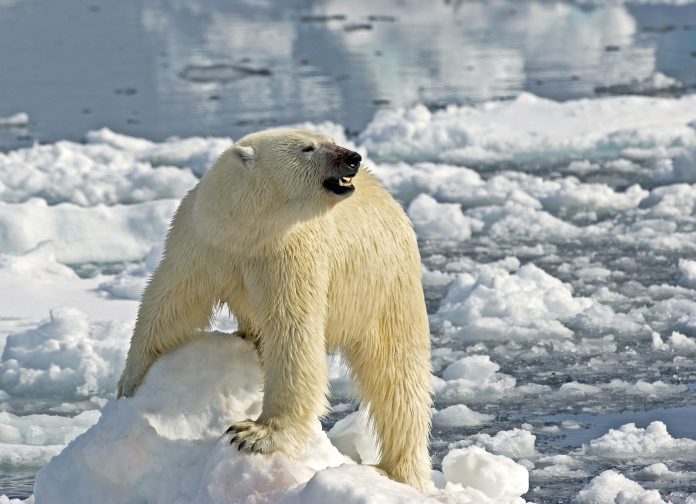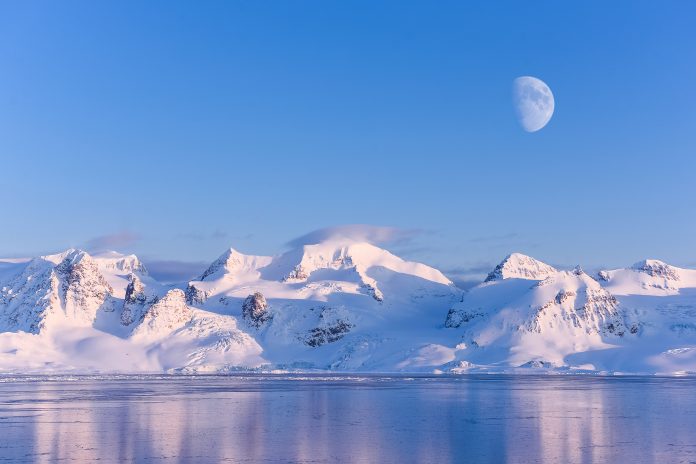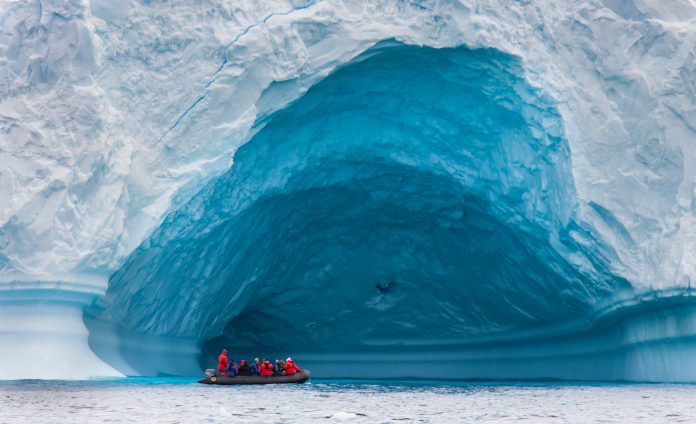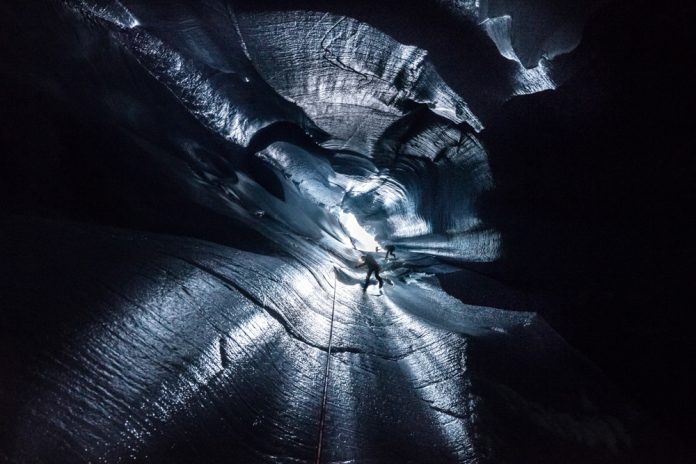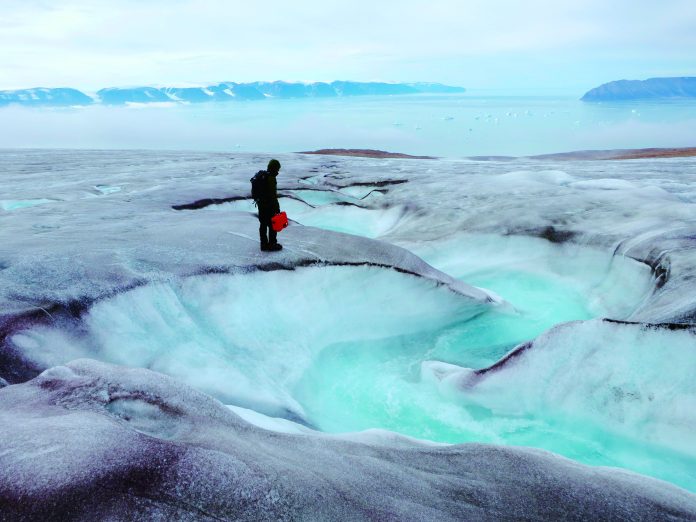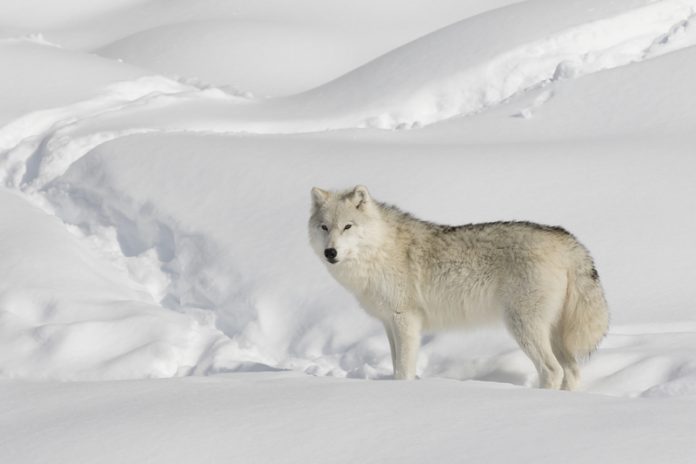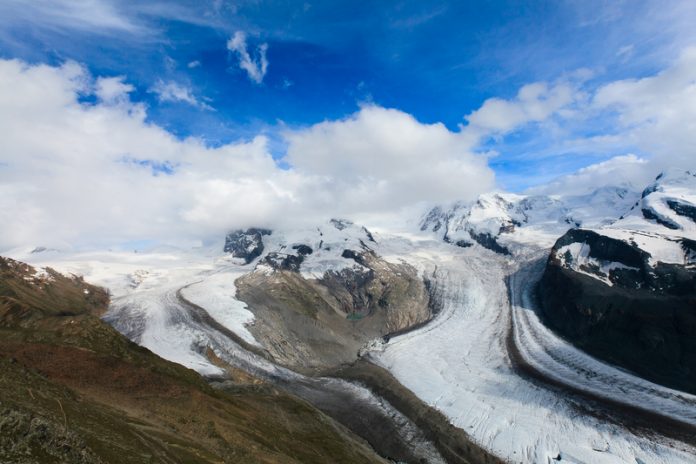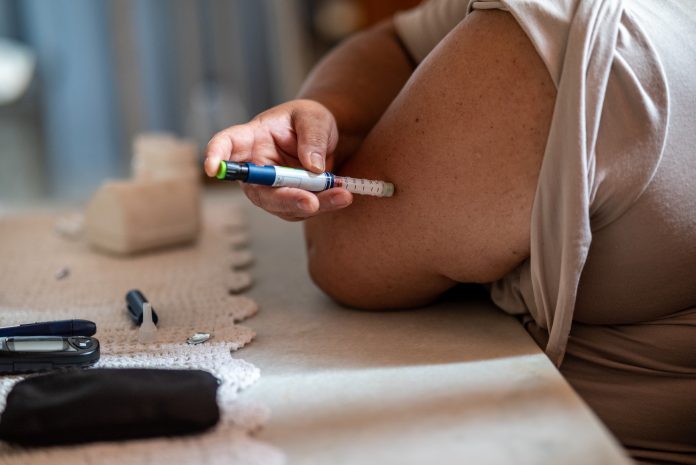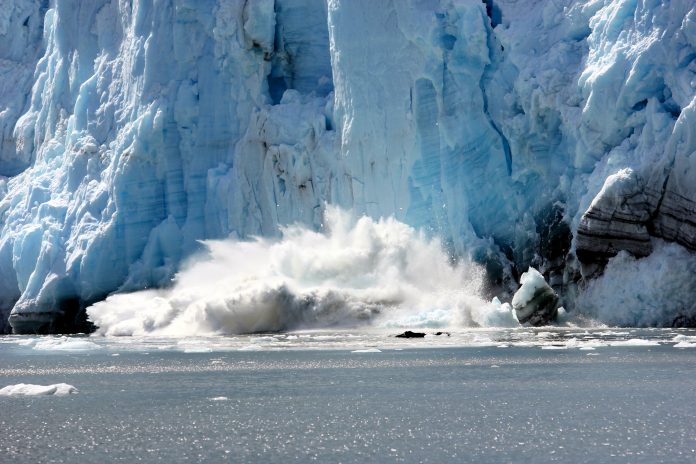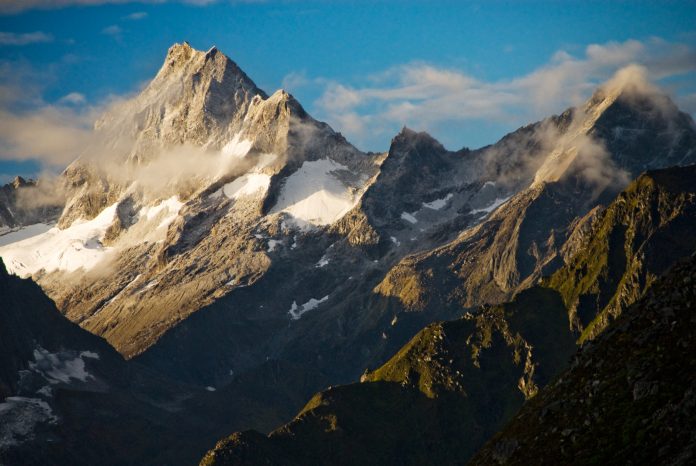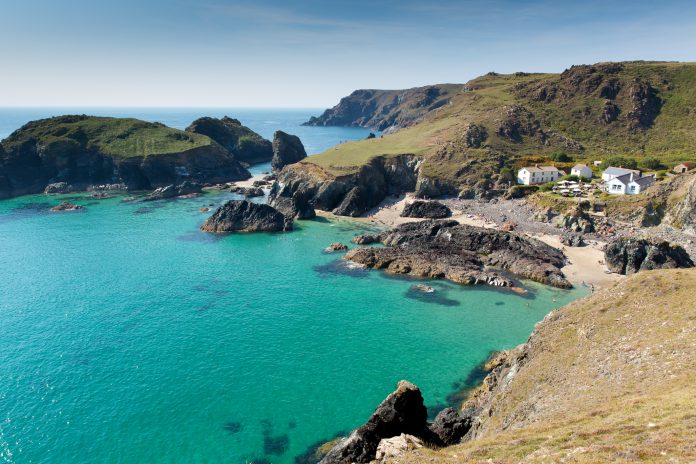Home Search
arctic ice caps - search results
If you're not happy with the results, please do another search
The changing arctic ice caps: Insights from ice cores
Martin Sharp Department of Earth and Atmospheric Sciences, University of Alberta, provides more compelling commentary on the changing arctic ice caps, focussing on the insights to be gained from ice cores.
Firn matters: Changing runoff from Arctic Ice caps and Greenland
Luisa da Cunda Fernandes and Martin Sharp Department of Earth and Atmospheric Sciences, University of Alberta, discuss changing runoff from Arctic Ice caps and Greenland.
Climate change: Why are the Arctic ice caps changing?
Martin Sharp from the University of Alberta provides a compelling insight into the issue of precisely why the Arctic ice caps are changing.
Risk of rising oceans: How fast are the Arctic ice caps changing?
As the arctic ice caps are melting causing the risk of rising sea levels, Professor Martin Sharp of the University of Alberta discusses the speed of change.
The changing Arctic ice caps
Professor Martin Sharp, University of Alberta, explores the processes, rates and impacts of the changing Arctic ice caps due to global warming.
Antarctic meteorites disappearing rapidly due to global warming
Researchers have revealed alarming findings about the rapid disappearance of meteorites from the Antarctic ice sheet due to global warming.
Antarctic sea ice shrunk to less than 2 million square kilometres
The lowest record yet of Antarctic Sea ice has shown that its rapid decline due to global warming is cyclical – and is bound to drop again soon.
Subtropics of East Asia grow colder due to warmer Arctic winters
Arctic winters are getting steadily warmer due to climate change, resulting in temperature changes in the subtropics of East Asia
The Siberian Arctic is burning due to record high temperatures
Temperatures in Siberia have risen to a record average for June in a heatwave that has produced some of the worst wildfires the region has ever seen.
Drivers of Arctic ice cap change: Linking climate and weather
Martin Sharp, Professor at the Department of Earth and Atmospheric Sciences University of Alberta, Canada, discusses drivers of Arctic ice cap change and his thoughts on linking climate and weather.
The fight against climate change: We all foot the bill for a warmer Arctic
Joseph Cook, Vice President of the UK Polar Network (UKPN) Committee argues that we all foot the bill for a warmer Arctic against climate change.
Ways to characterise how ice caps and glaciers change
Martin Sharp, Professor at Department of Earth and Atmospheric Sciences, University of Alberta, explains ways to characterise how ice caps and glaciers change.
Arctic science for the past, present and future
Cook, J., Dayal, A., Young, T. J., from the UK Polar Network (UKPN) Committee explore the wonders of Arctic science and how this applies to the past, present and future
Changes in the Arctic and Antarctic under global warming
Yamanouchi & H. Enmoto from the National Institute of Polar Research explore the abrupt and potentially worrying changes in the Arctic today
Science and Policy in the Arctic States
Ambassador Aleksi Härkönen provides a compelling glimpse of the organisation’s efforts on climate change and pollution in the Arctic States
Measuring the fever of the glaciers’ firn and ice
The firn and ice of glaciers can be at temperatures far below freezing point, writes Professor Martin Hoelzle of the University of Fribourg
Glacial ice acts as a natural climate and environmental archive and is able to preserve important information about the past atmosphere. Measurements of firn and ice temperatures,...
Oral insulin delivery: A smarter solution for insulin management
Scientists have discovered a way to supply insulin to the body, which could benefit the lives of 425 people worldwide battling with diabetes.
Climate change is triggering unexpected glacial movement
Scientists say melting snow and ice, seeping between Arctic glaciers, puts even thick glaciers at risk of sudden collapse from glacial movement.
The rapid shrinkage of the Himalayan glaciers
A study has revealed that the renowned Himalayan glaciers have lost over 40% of their area, threatening millions of people in Asia with lack of water availability.
UK pledges to protect land use, nature and oceans at COP26
As COP26 reaches its completion in Glasgow this year, the UK pledges for more urgent action and investment protecting land, nature, and oceans on their respective summit days. Here’s the breakdown.


